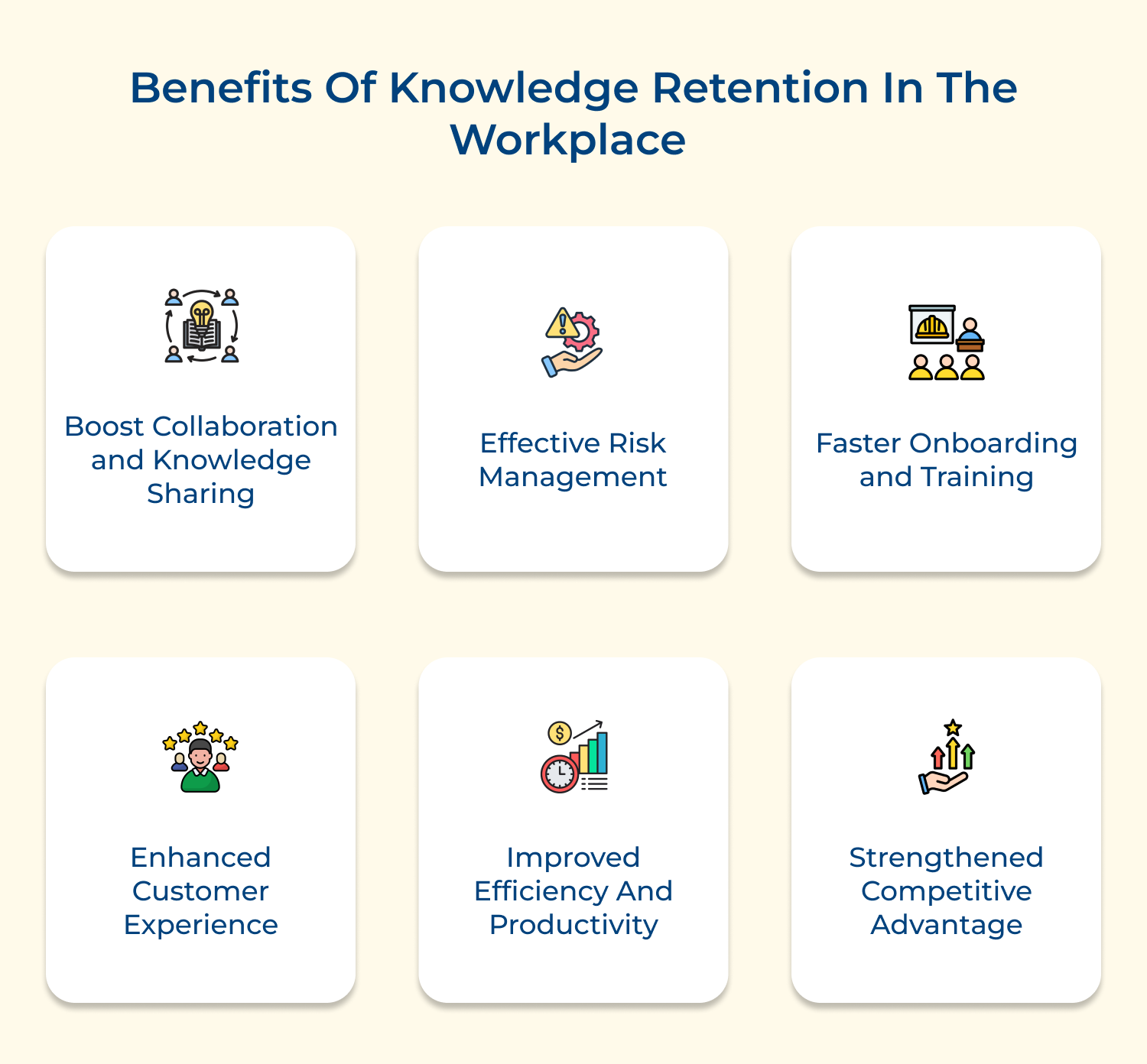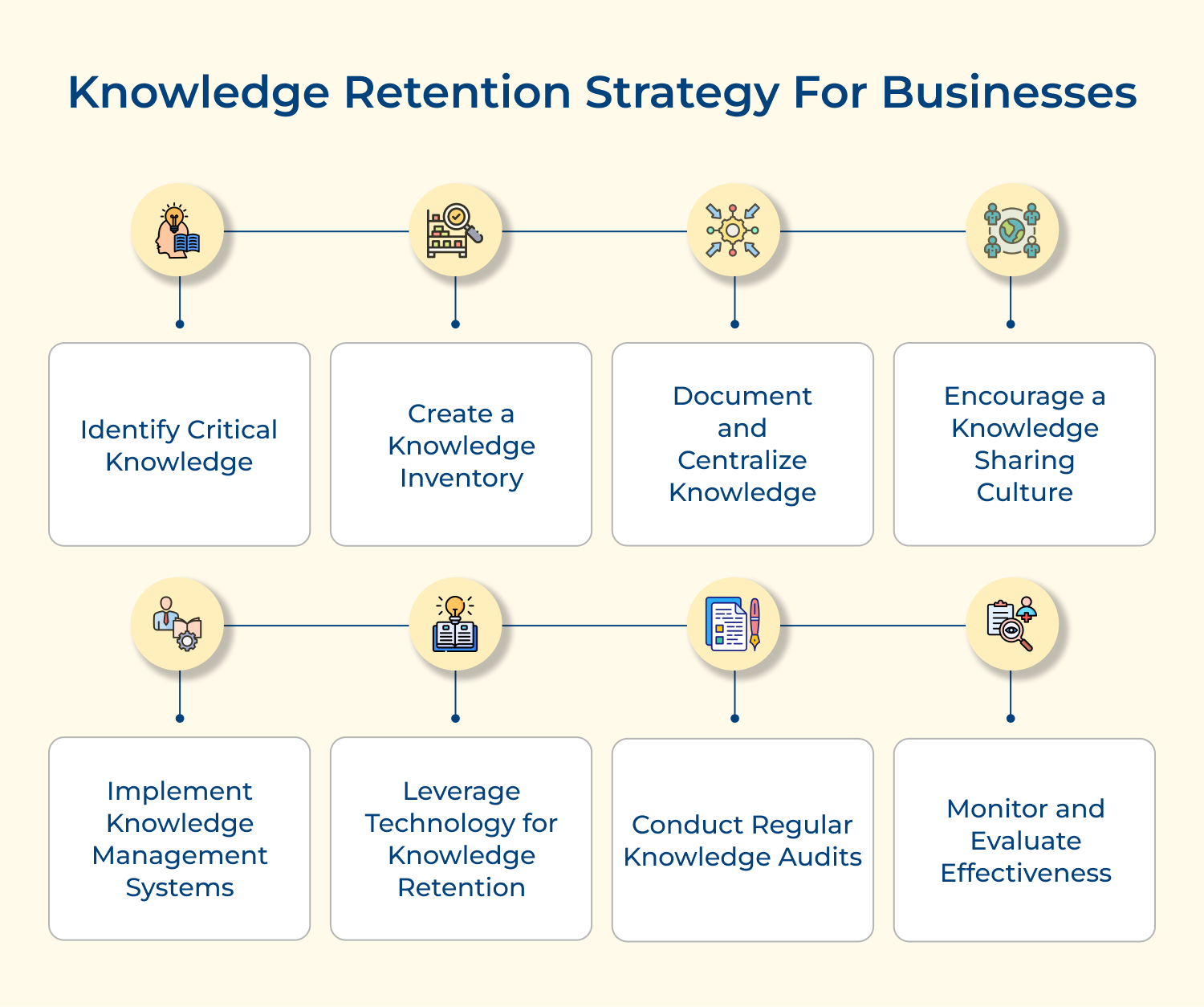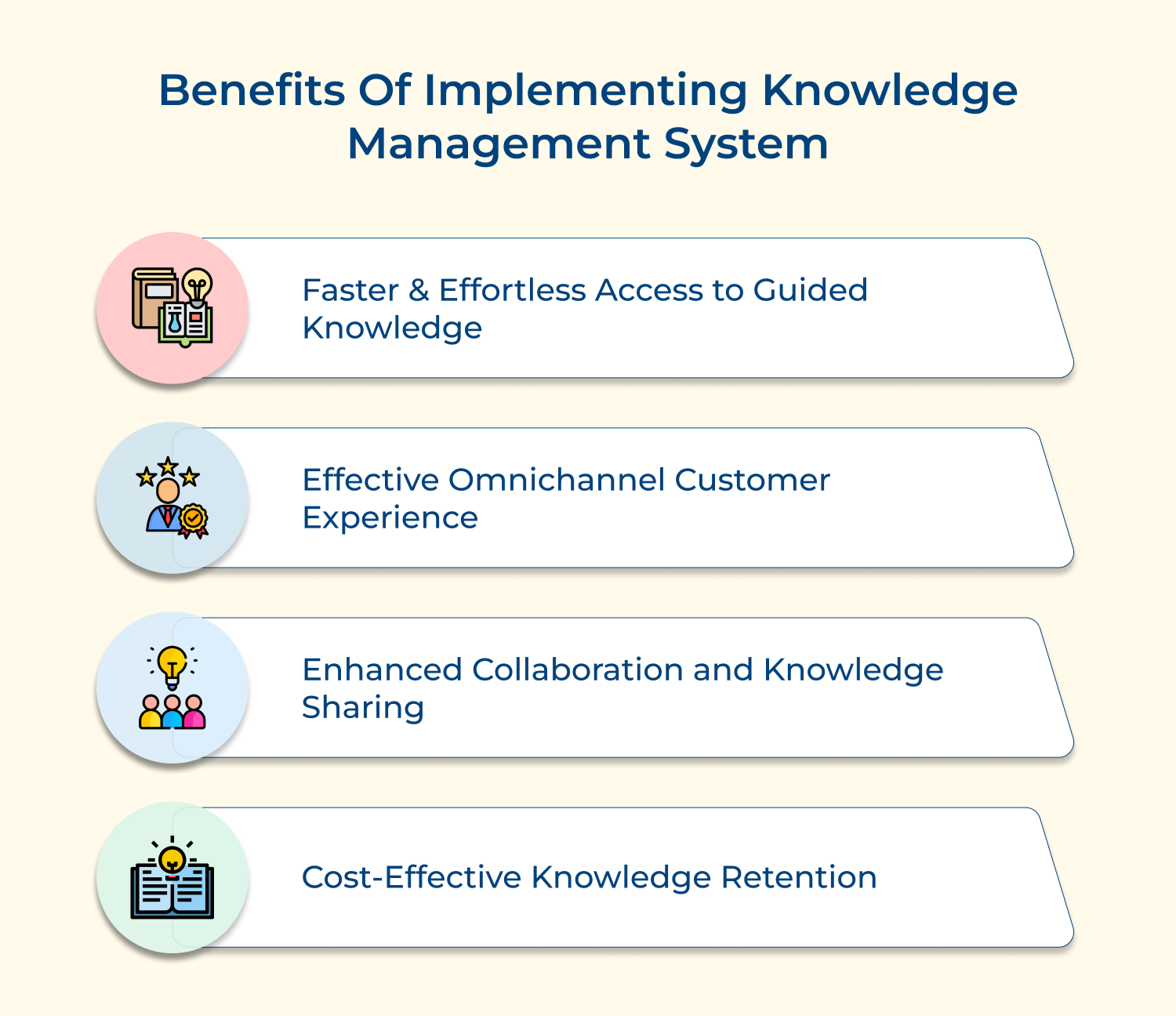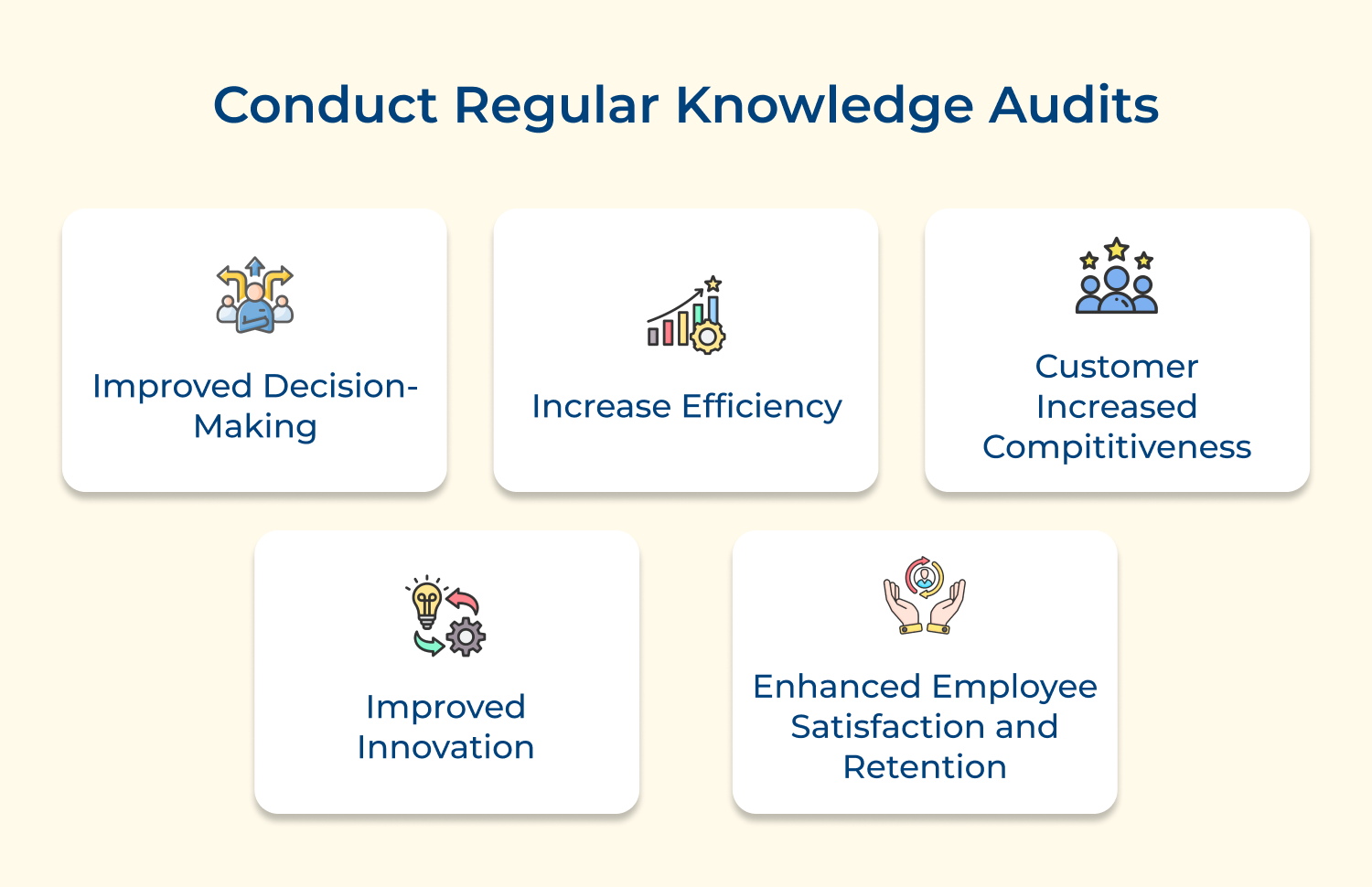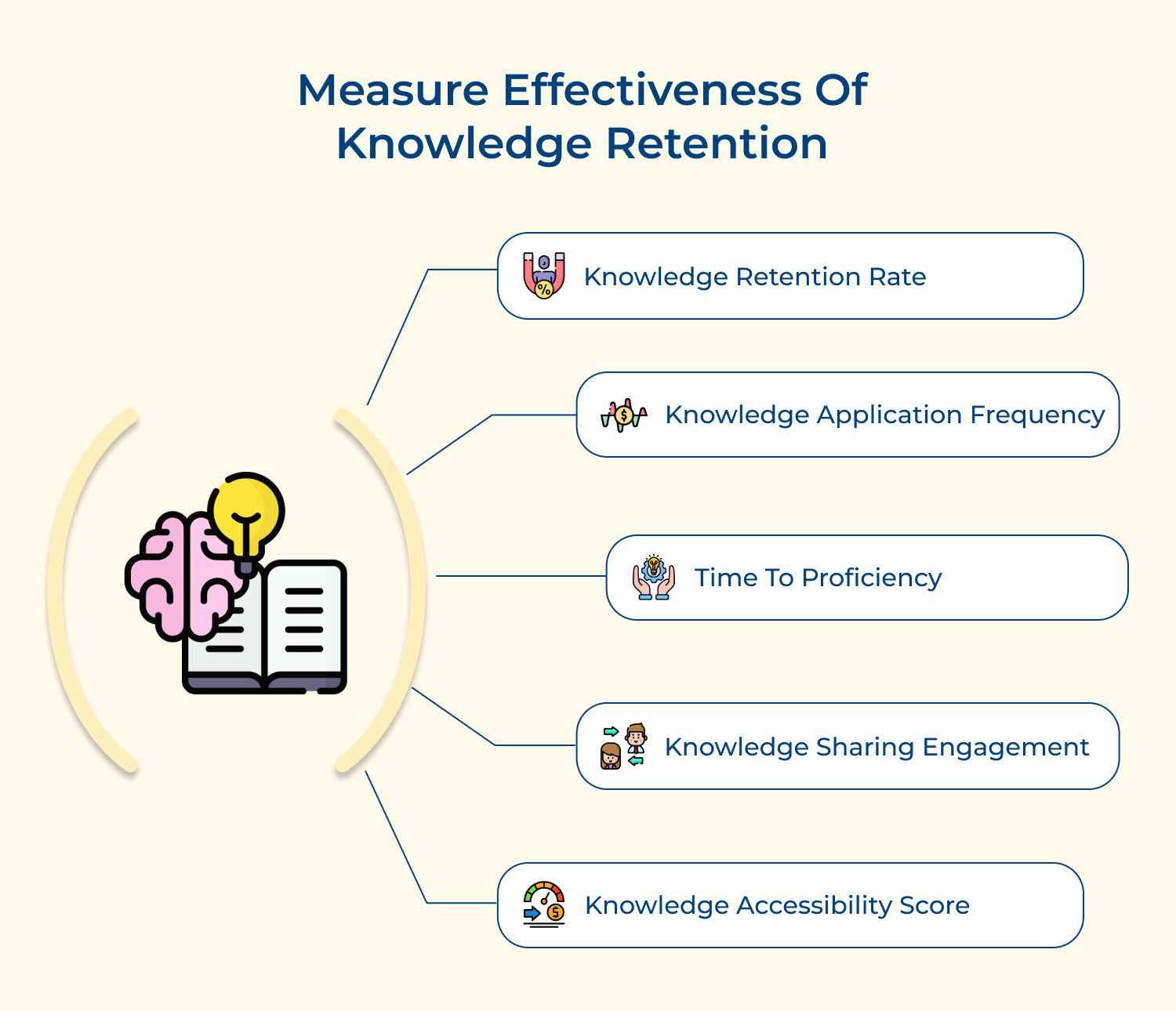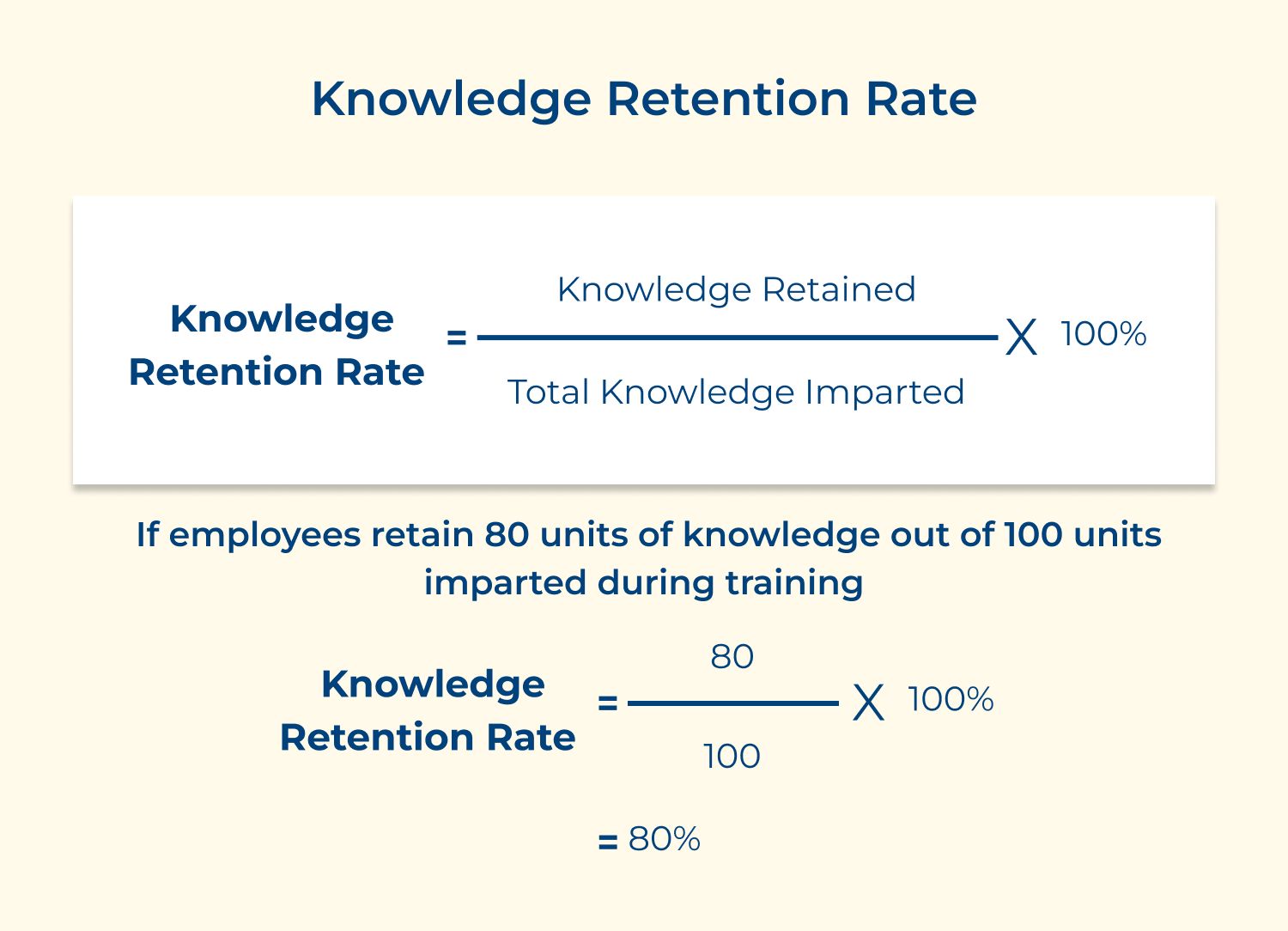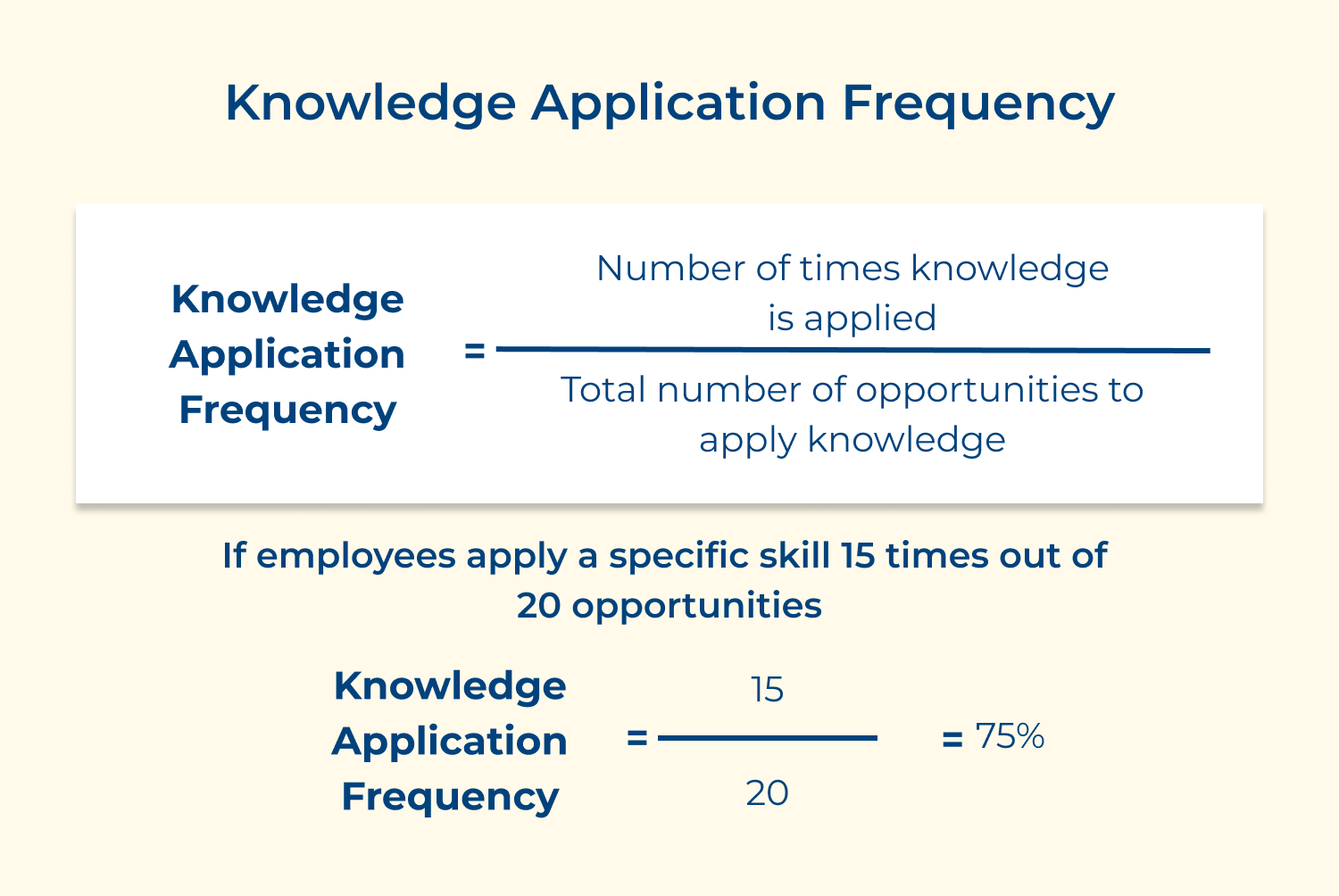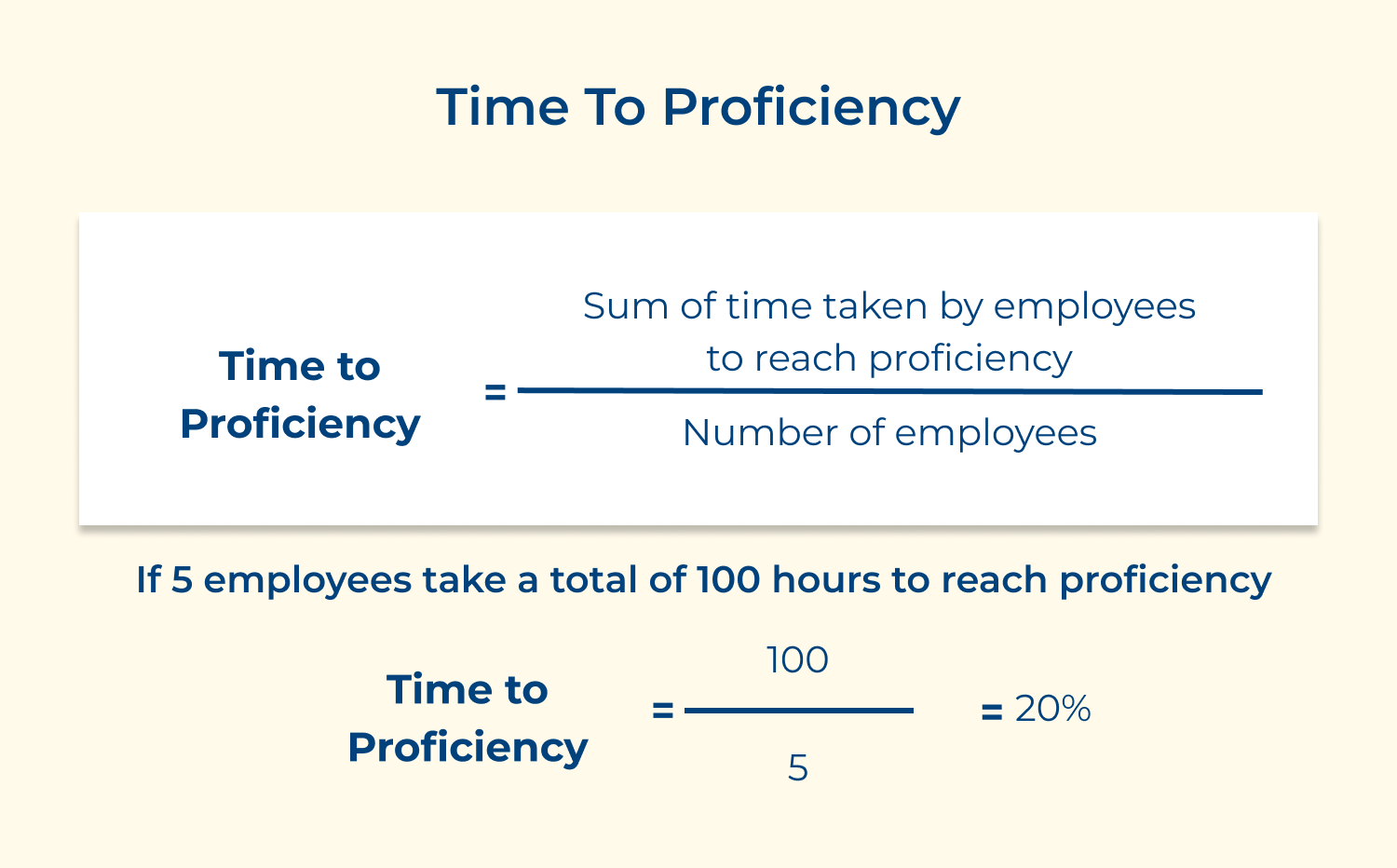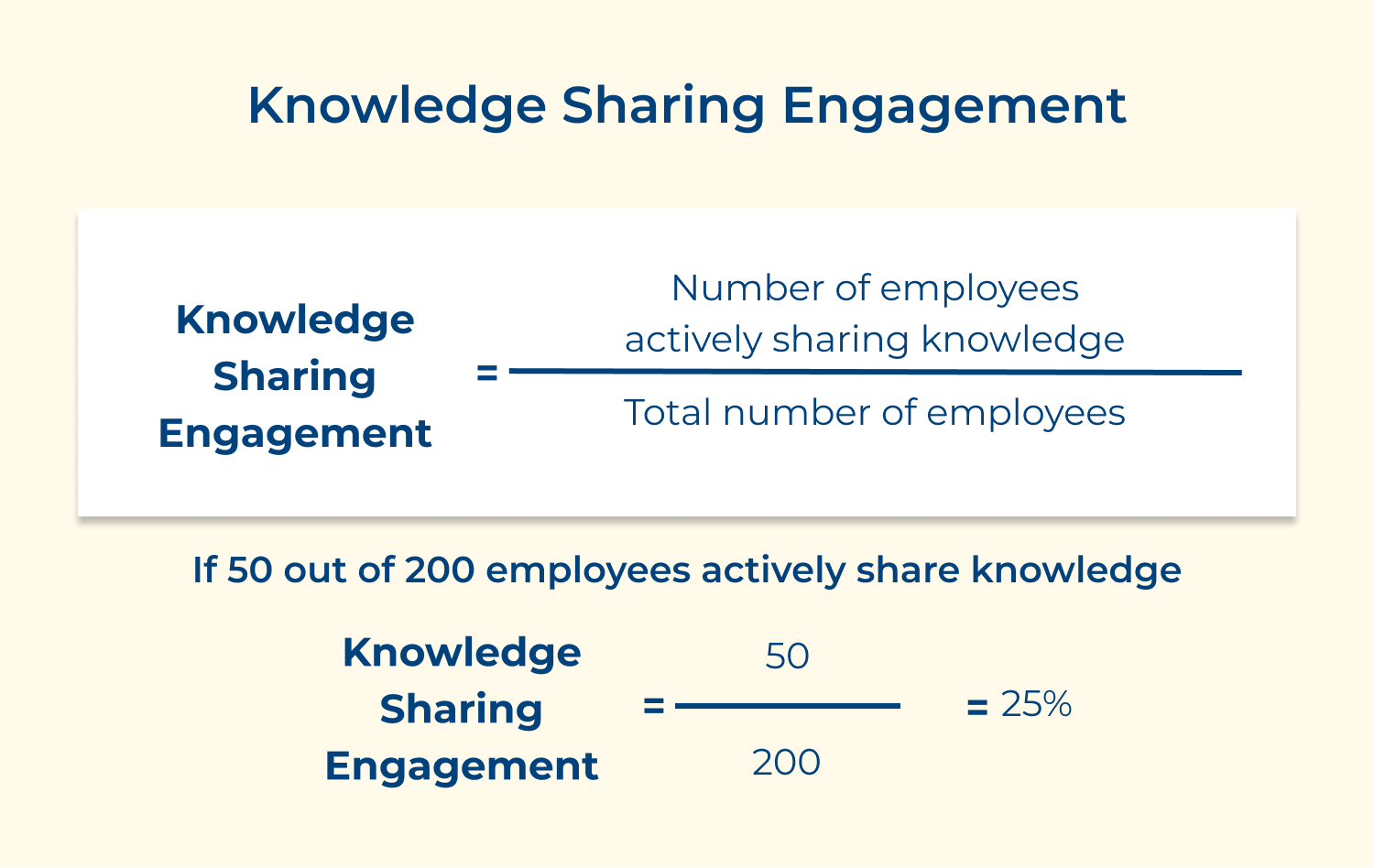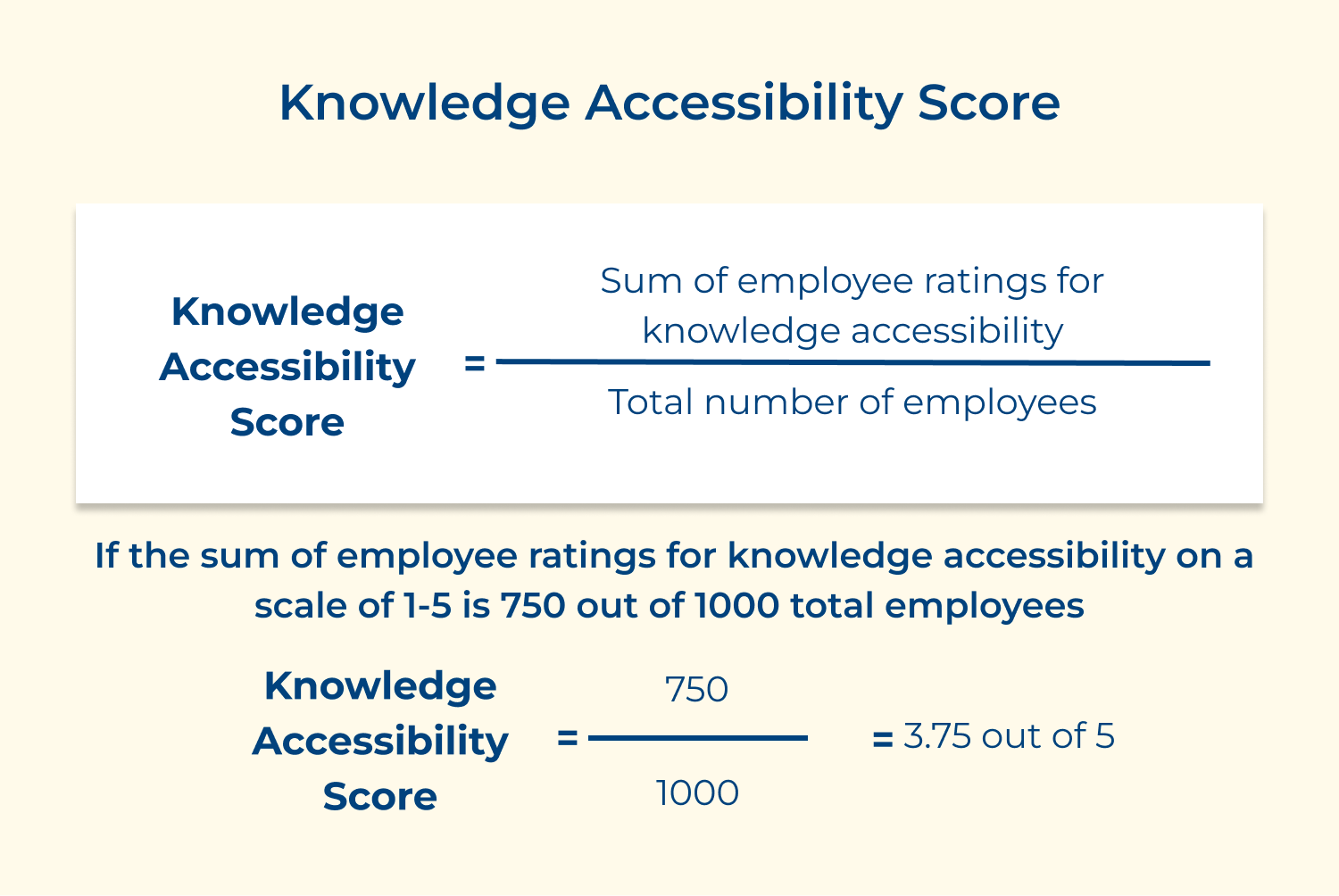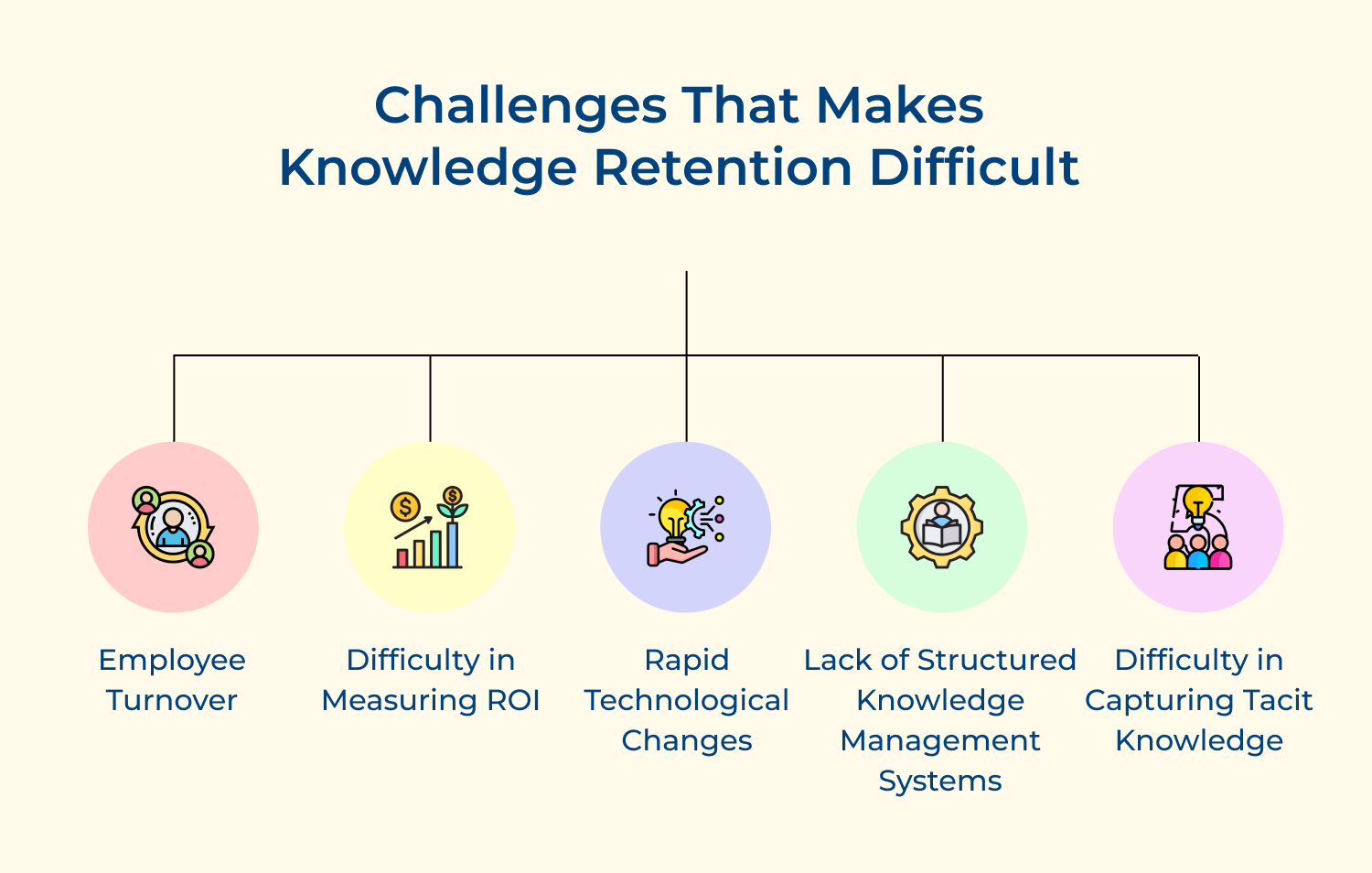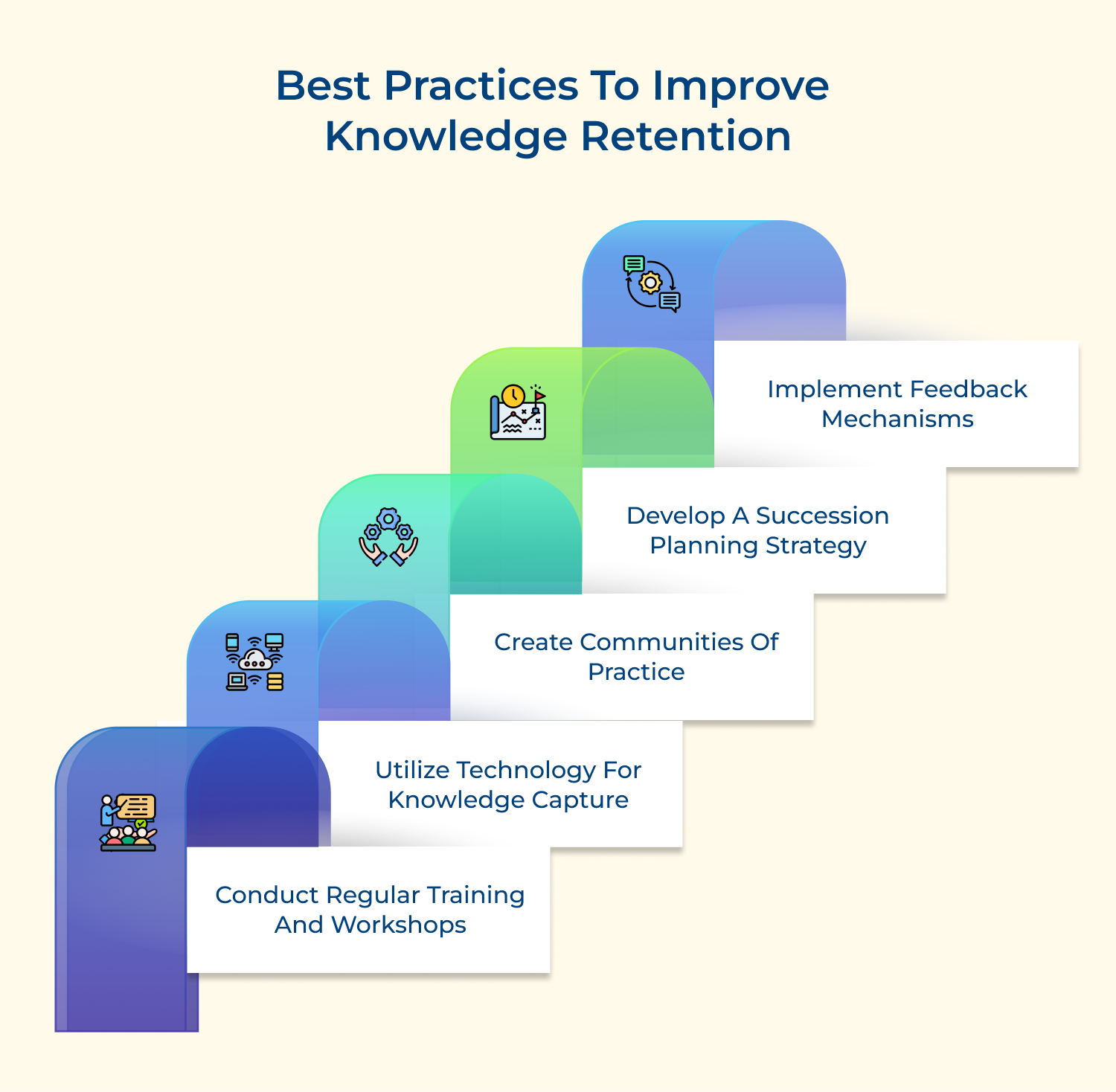Conduct Regular Training and Workshops
Organize ongoing training sessions/workshops to keep employees’ skills and knowledge up-to-date. These should cover both technical skills and soft skills relevant to the organization. Encourage employees to share their expertise by leading some of these sessions. Utilize a mix of in-person and online learning platforms to accommodate different learning styles as well as schedules.
Utilize Technology for Knowledge Capture
Leverage technology tools such as video recording, screen capture software and collaborative platforms to capture as well as share knowledge. Record important meetings, training sessions and presentations for future reference. Use these recordings to create searchable transcripts and summary documents, making the information more accessible to review.
Create Communities of Practice
Establish communities of practice around specific topics, skills, or areas of expertise within the organization. These groups bring together employees with shared interests to exchange ideas, solve problems and share best practices. Provide support and resources for these communities to thrive, such as dedicated meeting times as well as collaborative tools.
Develop a Succession Planning Strategy
Implement a comprehensive succession planning strategy to ensure critical knowledge is not lost when key employees leave or retire. Identify critical roles and the knowledge associated with them. Develop plans to transfer this knowledge to potential successors through targeted training, job shadowing and mentoring. Regularly review as well as update succession plans to reflect organizational changes.
Implement Feedback Mechanisms
Create mechanisms for employees to provide feedback on the knowledge retention practices and resources. Regularly solicit feedback to understand their needs, identify challenges and gather suggestions for improvement. Use this feedback to refine as well as enhance knowledge management efforts.
Boosting Organizational Resilience with Knowledge Retention
Effective knowledge retention is no longer a nice-to-have but a must-have for organizations. By implementing a multi-faceted strategy that encompasses culture, technology as well as measurement, organizations can preserve their most valuable asset – the knowledge and expertise of their people.
The key is to start small, iterate often and continuously improve based on feedback as well as results. With a robust knowledge retention strategy in place, organizations can not only survive but thrive in the face of change, disruption and competition. The future belongs to the knowledge-driven organization.

